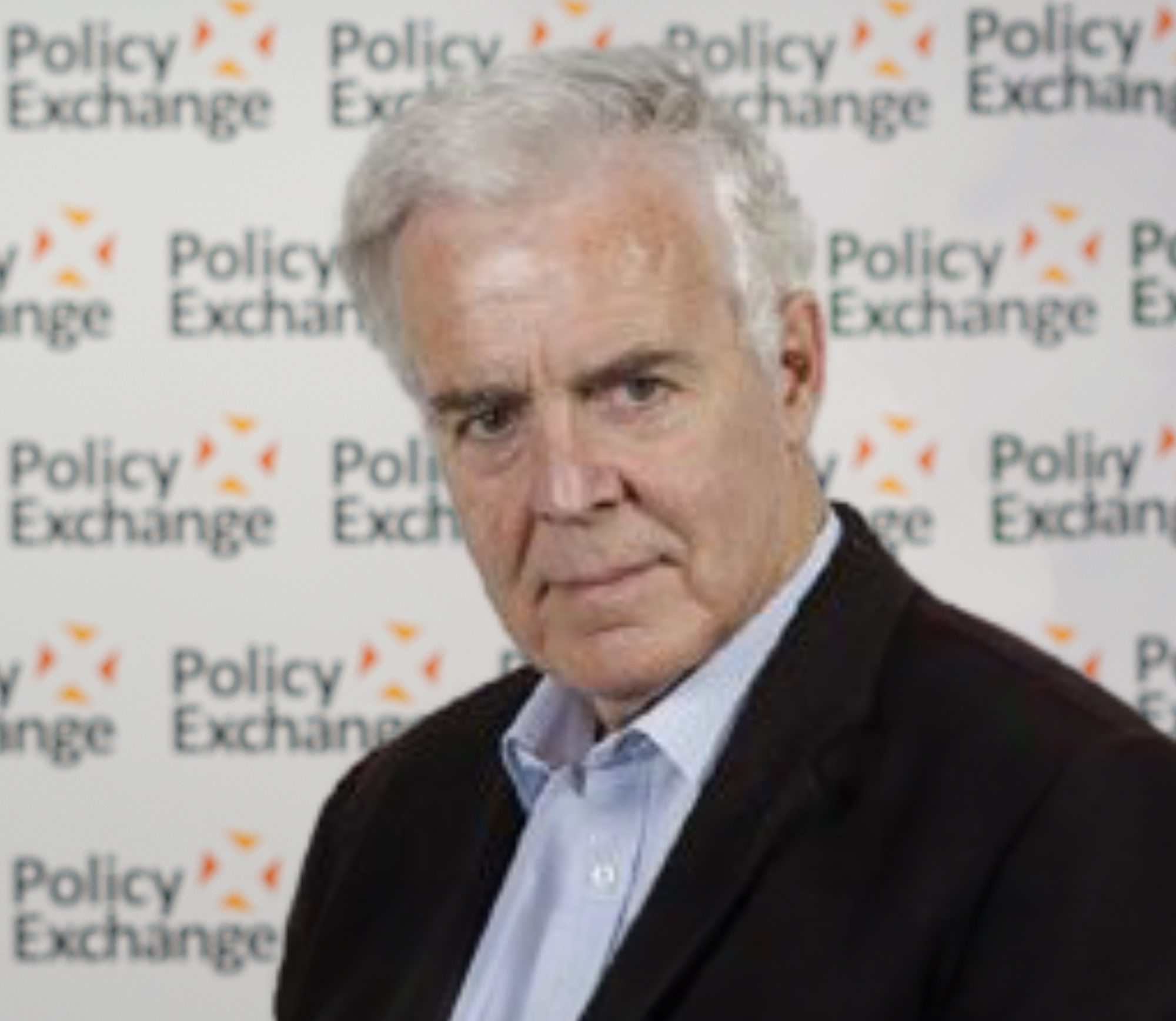Could batteries for electric cars be a successful intervention in industry?
Jaguar Land Rover’s decision to build a range of electric cars at its Castle Bromwich factory in the Midlands is a welcome boost for the government’s industrial strategy. The £246m Faraday Battery Challenge, unveiled by Greg Clark, Business Secretary, two years ago, is designed to make the UK a world leader in the development and production of batteries for electric cars; the hope is that, if a viable battery supply chain can be established in the UK, the car manufacturers are more likely to make electric cars in their British assembly plants than elsewhere.
The JLR announcement offsets some disappointing news from other companies, notably James Dyson’s decision to make his electric cars in Singapore. Another blow was Johnson Matthey’s choice of Poland as the site for a new cathode materials plant. Poland has attracted several battery-related investments in the last few years, partly because of its proximity to the German car industry.
Meanwhile the Faraday programme has been taking shape. Substantial sums have been ploughed into a new research organisation, the Faraday Institution, and into a pre-production facility, the UK Battery Industrialisation Centre (UKBIC), which is based in Coventry. Funds have also been provided, through Innovate UK, to support development projects among firms that are already engaged in the battery sector or plan to enter it.
The UK has several companies that make precursor materials and other components for car batteries; an expansion of their capacity, together with new entrants, could constitute part of the supply chain that the government is looking for. Yet there is another part that is missing. This is the so-called giga factory, a high-volume cell-making plant of the sort which Tesla and Panasonic have built in Nevada and which is now spreading to Europe.
At present the only major cell maker in the UK is the Sunderland facility which was built by Nissan and NEC to supply batteries for the Nissan Leaf. However, this plant, which is now owned by a Chinese company, Envision, is not a full-scale cell manufacturing operation, since the electrodes are imported from Asia. There is also a small cell plant at Thurso in Scotland, AGM Batteries, which makes cells in low volume for automotive and other customers.
By contrast, battery investment in Continental Europe seems to be gathering pace. Three Korean cell makers have built plants in Eastern Europe to supply their European customers. CATL, the leading Chinese cell maker, plans to build a factory in Germany to serve BMW. A Swedish company, Northvolt, founded by an ex-Tesla executive, is building a plant in northern Sweden; it has also agreed with Volkswagen to build a second, jointly owned, cell plant in Lower Saxony.
Is the UK in danger of missing the boat in cell-making, and, if so, how much does this matter? Part of the rationale for the Faraday programme was to make the UK an attractive environment for investment by one of the Asian cell makers. The aim was to build on the UK’s existing assets, which include a high-quality research base in battery science and an electricity industry that is less carbon-intensive than, for example, that of Poland. When UKBIC comes into operation next year, it will give foreign as well as British firms the ability to test innovative materials and technologies before launching into full scale production; another part of UKBIC’s remit is to train engineers and technicians in battery production.
Should the government do more? The first and most pressing requirement is to end the Brexit uncertainty, which has been a disincentive to inward investment in this and other areas. Beyond that, there are differences of view about how best the UK can participate in the car battery market.
One view is that the UK is more likely to have a competitive advantage in the high-value, research-intensive parts of the supply chain, such as the cathode and anode materials, than in cell-making and that importing the cells themselves (as most of the European electric car makers have been doing) should not impose a serious cost penalty.
The government, however, believes that building a giga factory in the UK, sooner rather than later, is a strategic necessity, and this was strongly supported by Ralf Speth, chief executive of Jaguar Land Rover, when he announced the company’s electric car plans last week. “If batteries go out of the UK”, he said, “then automotive production will go out of the UK. The battery is 40 per cent of the cost of a battery electric vehicle. We want to keep this kind of added value inside the UK”.
Giga factories will not be high on the new prime minister’s agenda when he takes office later this month. But the battery issue touches on a wider question which the new government will have to address. What can the state do to create new industries, or to revive old ones? Should the British government provide subsidies to support a new battery venture, as some other countries are doing?
Past experience with such interventions is not encouraging. On the other hand, the Thatcher government’s success in persuading Nissan to invest in the UK in the 1980s was a crucial step in rebuilding the British car industry. Could the same thing happen with batteries?

